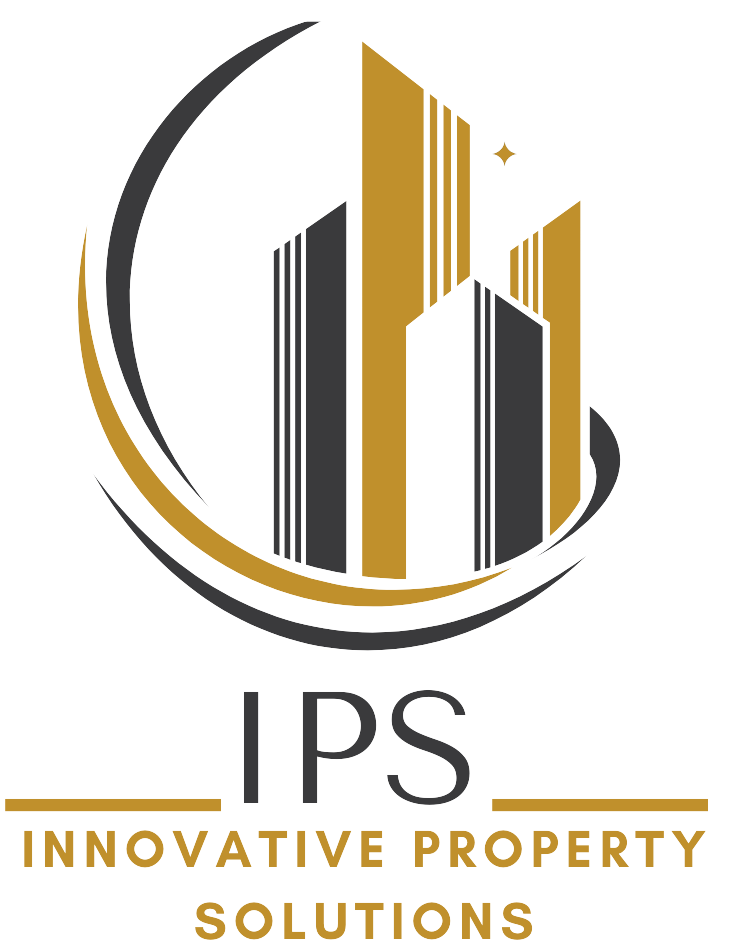
When it comes to real estate in Toronto, one of the most underestimated costs that investors, property owners, and even families face is capital gains tax. Whether you’re selling a second property, transferring ownership, or restructuring your holdings, capital gains can quietly cut into your profits—and often far more than anticipated. But here’s what many don’t realize: when you get your property appraised, it can make a serious difference in how much you pay in tax. And in a market as dynamic as Toronto, that timing could save you thousands.
At IPS, we’ve guided countless property owners through capital gains appraisals in Toronto, providing clear, CRA-compliant reports that help minimize tax exposure and create defensible documentation. This isn’t just a paperwork formality—it’s a strategic tool, especially when executed at the right time.
Let’s break down what capital gains are, why appraisals matter so much, and how you can protect your equity with accurate valuation done by professionals who understand the legal and market nuances of the GTA.
What Is a Capital Gains Appraisal—And Why Is It Crucial?
In Canada, when you sell or transfer a property that isn’t your primary residence, you may be subject to capital gains tax. This tax is calculated on the difference between your adjusted cost base (ACB) and the fair market value at the time of sale or transfer. That difference—the gain—is what the CRA taxes.
Here’s where the appraisal becomes essential: you need to establish a defensible fair market value at the time the property is deemed disposed of. If you’re selling, that’s usually straightforward. But in cases like a change of use, inheritance, corporate transfer, or gifting to a family member, the CRA still considers the property as “sold,” even if no money changes hands. In those moments, your tax burden is based on what the property would be worth in the open market.
A capital gains appraisal provides that number, backed by real data and professional methodology. Without it, the CRA may make its own assumptions—or worse, challenge your figures based on inaccurate or low-effort estimates. That can trigger audits, penalties, or excessive taxation that could have easily been avoided.
Why Timing Matters More Than Most People Realize
Real estate markets move. Especially in a city like Toronto, where neighbourhood values can change dramatically in short periods due to transit development, rezoning, gentrification, or macroeconomic shifts. If you delay your appraisal—or worse, don’t get one at all—you risk locking in a valuation that’s either outdated or unsupported.
Consider these timing-sensitive scenarios:
- Gifting a condo to a family member
You plan to pass a property down to your child, but the market has cooled slightly since your last evaluation. If you don’t appraise the property at the time of the gift, the CRA may assume a higher value based on past trends, increasing the taxable gain. - Changing the use of a property
Let’s say you convert a rental unit into personal use or vice versa. This “change of use” triggers a deemed disposition. An accurate valuation at that point is critical to establish a new adjusted cost base and protect you from future tax burdens. - Corporate transfer
Moving a property from personal to corporate ownership requires a capital gains report. Getting the timing right can significantly reduce the exposure by anchoring the value at a strategic moment, especially if market conditions are favourable.
In each case, the right appraisal done at the right time can lower your reported gain—and by extension, your taxes.
What Makes a Capital Gains Appraisal Different?
Unlike a general market valuation or a mortgage-driven appraisal, a capital gains appraisal is built specifically to withstand scrutiny from tax authorities. That means:
- It must reflect fair market value as defined by the Assessment Act—what a willing buyer would pay to a willing seller in an open, competitive market.
- It must be prepared by a designated appraiser (such as those accredited by the Appraisal Institute of Canada).
- It must be fully documented with comparables, adjustments, market context, and professional opinion backed by recognized valuation methodology.
At IPS, we go further. We tailor our capital gains reports to include relevant market commentary, zoning considerations, and retrospective insight when needed. That way, our clients (and their accountants or legal advisors) have a clear narrative that supports the valuation both numerically and contextually.
How Much Can You Actually Save?
While every case is different, capital gains tax in Ontario can range up to 26.76% of the taxable portion of your gain (as of 2025, based on a 50% inclusion rate). For high-value properties—think downtown investment condos, multi-unit rentals, or commercial real estate—this can result in tax liabilities ranging from tens to hundreds of thousands of dollars.
But consider this:
If you can reduce the reported gain by even $100,000 through accurate timing and defensible valuation, that could mean over $13,000 in tax savings, depending on your tax bracket and province. And those savings scale with property size and market appreciation.
An appraisal that costs a few thousand dollars can easily pay for itself multiple times over. Not just through tax reduction, but through peace of mind and CRA compliance.
Can’t I Just Use the Purchase Price or a Realtor Opinion?
No. Not for CRA purposes.
While purchase price and real estate agent letters may be useful contextually, they are not considered valid documentation when it comes to capital gains assessment. Only an appraisal conducted by a qualified, impartial professional will hold up if your return is ever audited or reviewed.
Realtor opinions are not neutral, and they often lack the full analytical backing required by the CRA. Likewise, online estimates or municipal tax assessments are not accurate enough—they don’t reflect true market value and are frequently outdated or generalized.
At IPS, we provide fully independent reports with CRA-ready documentation. We’ve worked with legal professionals, tax advisors, and financial planners across Toronto to ensure our clients are not caught off guard or underprepared.
Don’t Wait Until You File—Get Ahead of Your Strategy
One of the most common mistakes we see is people waiting until their accountant asks for a capital gains number. By then, the transaction may have already occurred, and your ability to influence valuation timing is gone. That’s why we always recommend involving a qualified appraiser before the transfer or sale.
With proper planning, we can help you choose the right valuation date, advise on supporting documentation, and coordinate with your accountant or legal advisor to ensure everything lines up. That’s how capital gains appraisal becomes not just a report, but a strategic asset.
Why IPS Is the GTA’s Trusted Name in Capital Gains Appraisals
We understand the Toronto market. We’ve appraised everything from income-generating properties in Parkdale to multi-family assets in Richmond Hill to luxury condo portfolios across Yorkville. We know how CRA views these reports, what tax professionals need, and how timing influences your outcomes.
Whether you’re preparing for a transfer, tax planning for the future, or finalizing a past transaction, IPS delivers capital gains appraisals that are accurate, defensible, and strategically timed to help you keep more of your equity.
Thinking about selling or transferring a property in the GTA? Don’t wait until tax time—speak to IPS now for a capital gains appraisal that protects your financial future.


